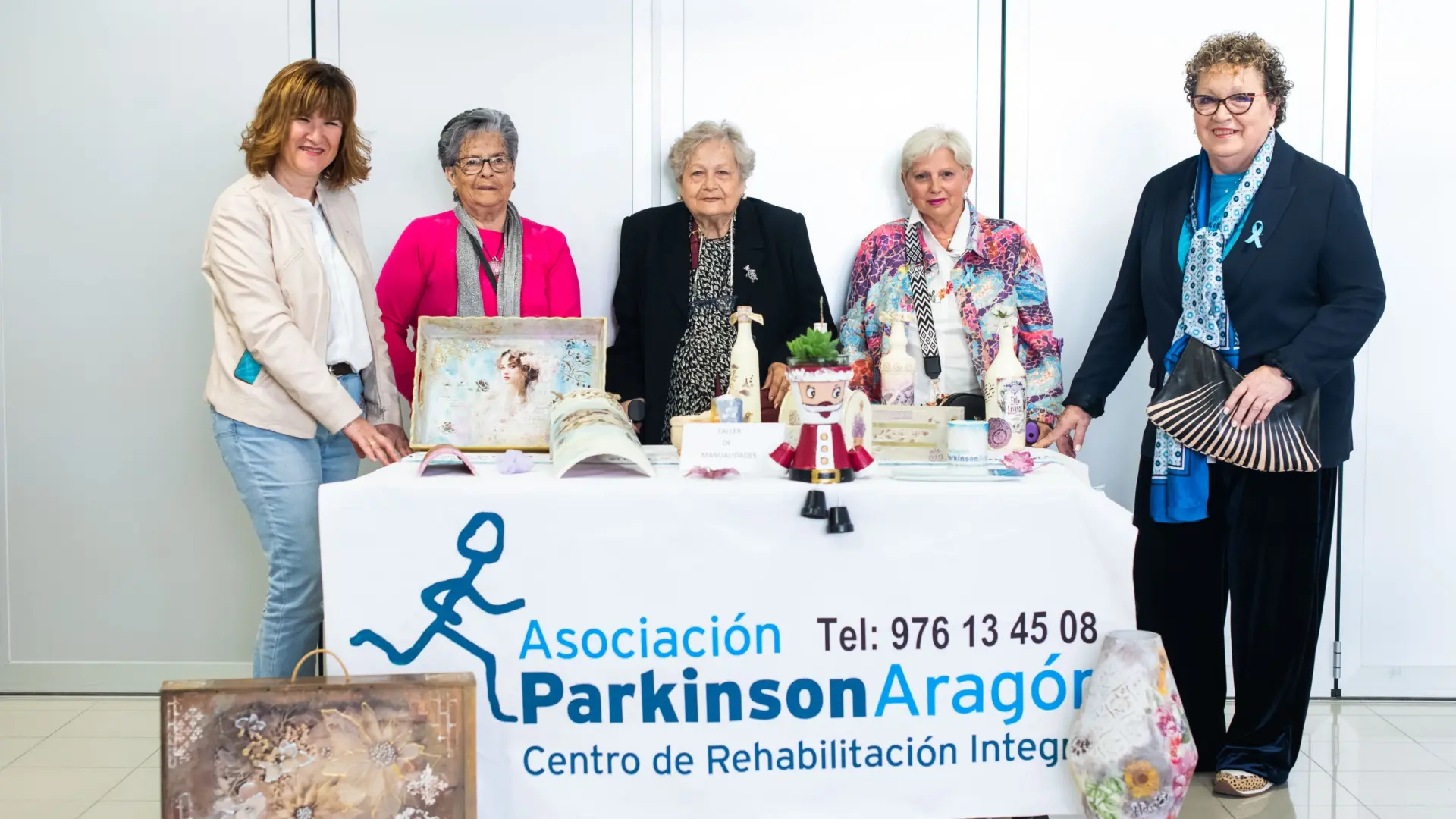Sleep disturbances in Parkinson’s disease affect 42% to 98% of patients.

Parkinson’s disease affects more than 5,000 people in Aragon, where About 250 new cases are diagnosed every year.. Tremor, slowness and rigidity of movements are its most characteristic manifestations; However, this pathology represents a variety of lesser-known motor and non-motor symptoms, but which have a great impact on the quality of life of patients. Among them are sleep problems, the prevalence of which ranges from 42% to 98%. A large percentage because there is little research on this topic.
For this reason, the Aragonese Society of Neurology (Saran) and the Aragon Parkinson Association (APA) celebrate this Thursday the day of patients and their families. “Sleep in Parkinson’s disease”, in collaboration with AbbVie. The meeting will take place at the Palacio Infanta at the headquarters of the Ibercaya Foundation in Zaragoza.
Several experts will review most common sleep problems for conditions such as insomnia, excessive daytime sleepiness, restless leg syndrome or REM sleep behavior disorder, which affect a large number of people with Parkinson’s disease. The importance of identifying the symptoms of these disorders and the need to facilitate communication during consultations to be able to treat them at an early stage will also be explored in depth. At the end, participants will have a question and answer session, during which they can ask the speakers their concerns about the topics discussed.
“In Parkinson’s disease, it is very well described that REM sleep behavior disorder is a non-motor symptom that sometimes precedes the onset of motor symptoms. Others, such as restless legs syndrome, excessive daytime sleepiness, sleep apnea, or circadian rhythm disorder are common in the evolutionary course of the disease and can significantly reduce the quantity and quality of sleep of patients,” emphasizes Dr. Elena Muñoz Farjas, President of the Aragonese Society of Neurology and coordinator of the meeting.
The event will be presented by Amador Plaza Diez, President of the Aragonese Parkinson’s Disease Association (APA), the largest patient support organization in the region, with delegations in Zaragoza, Teruel, Huesca and Monzón, as well as Elena Muñoz Farjas herself.
This meeting is part cooperation agreement signed on March 6 by the Aragonese Society of Neurology and the Aragonese Parkinson’s Association and aims to promote and improve medical care, research and dissemination health care related to Parkinson’s disease in Aragon, through collaboration and sharing of knowledge and resources. “We wanted sleep disorders to be one of the first topics discussed in this collaboration because we know about the profound impact they have on patients’ lives. We know that they not only greatly affect our physical health, but also our emotional health and can lead to problems such as anxiety or depression, emphasizes Amador Plaza, patient and president of the association of victims.
Muñoz Farjas agrees, adding that “due to the strong impact of these disorders Sleep assessment should be considered in all neurodegenerative diseases.as there is a clinical suspicion that its proper management has a significant positive impact on the quality of life of patients and their families.
A disease that affects all areas of life
Parkinson’s disease is chronic neurodegenerative disease This affects the central nervous system, causing loss or progressive deterioration of dopaminergic neurons.
Due to its symptoms, it has a strong impact on the quality of life of patients, as well as caregivers and family members, as it is associated with increase in morbidity and disability and therefore addiction. Collaboration between patients, neurologists, and multidisciplinary health care teams is essential to optimize care and improve quality of life at all stages of the disease.
Patients Association
The Parkinson’s Association of Aragon is a private non-profit organization created more than 700 participantscreated in March 1996. In addition to providing a range of services as part of a comprehensive care program to improve the quality of life of affected individuals, their families and/or caregivers, the association is committed to outreach and awareness raising for both. society as a whole, as well as social and medical institutions.